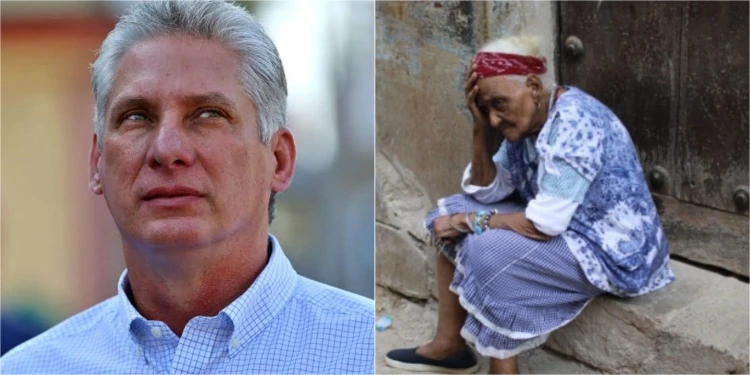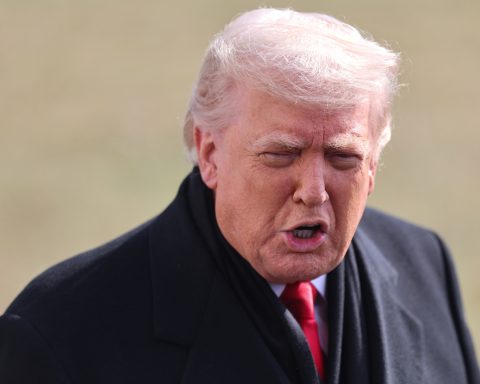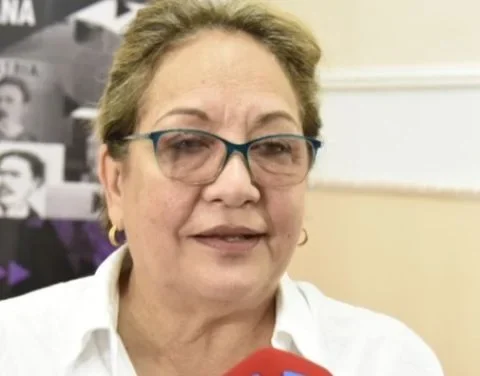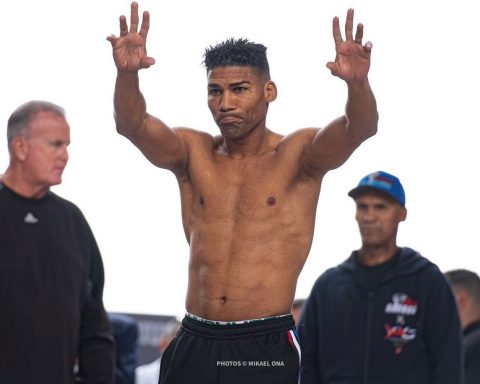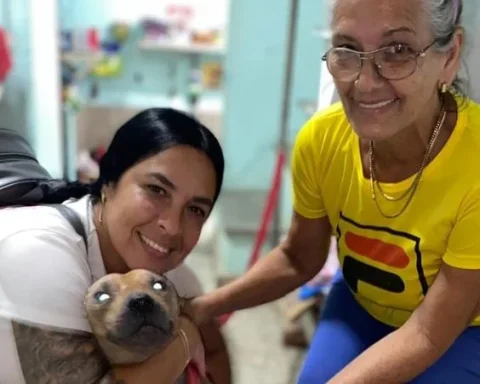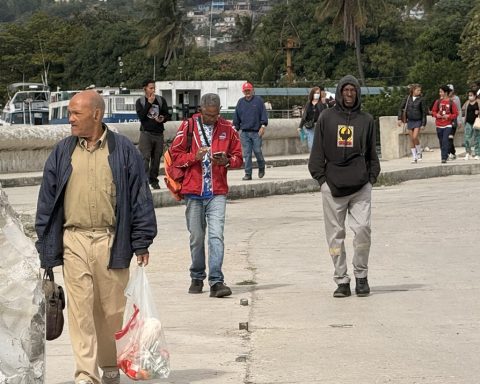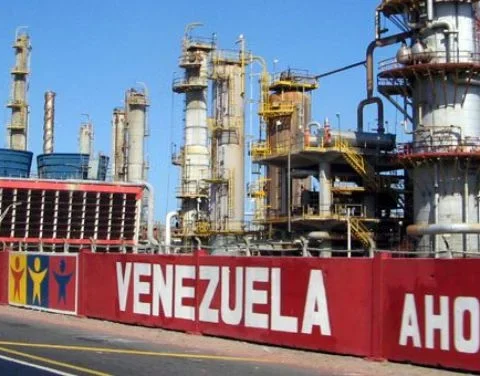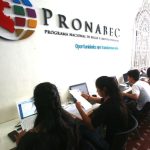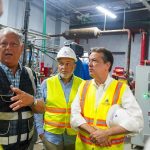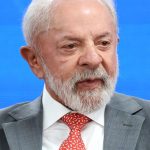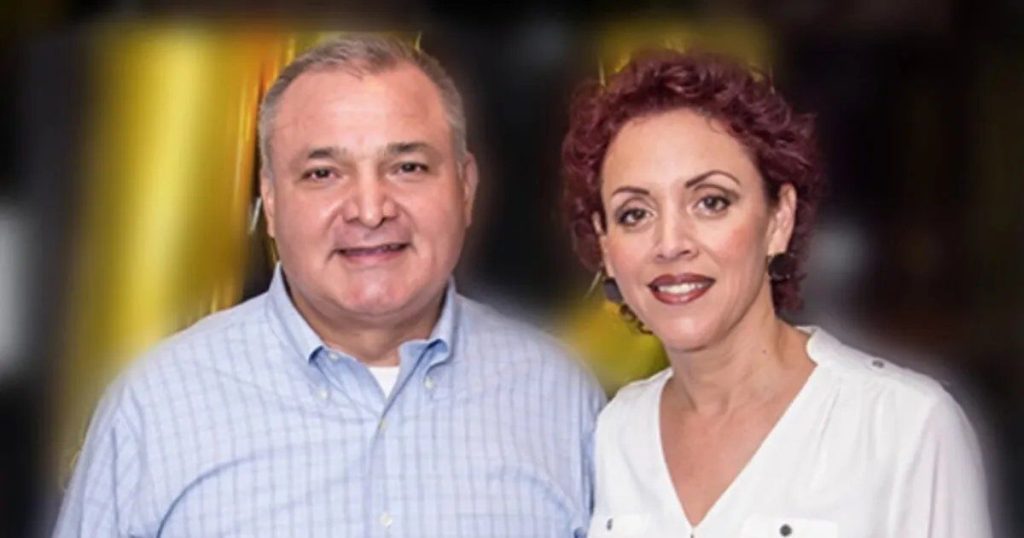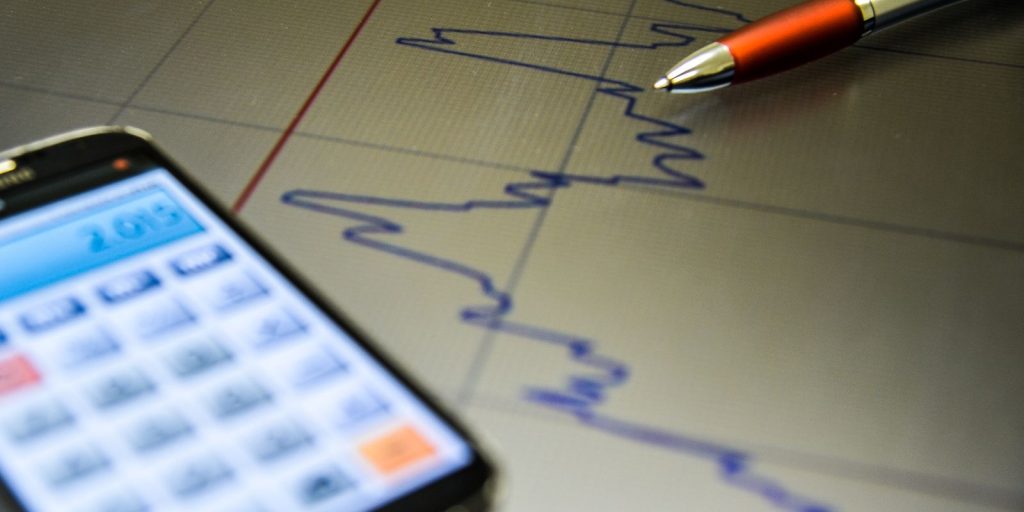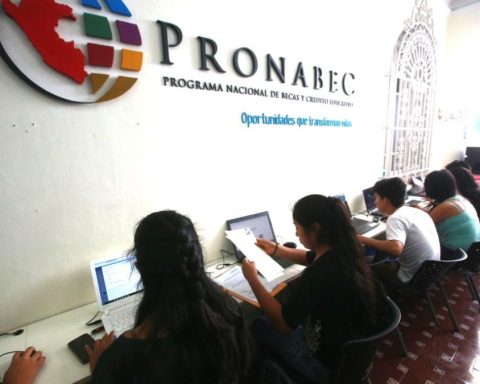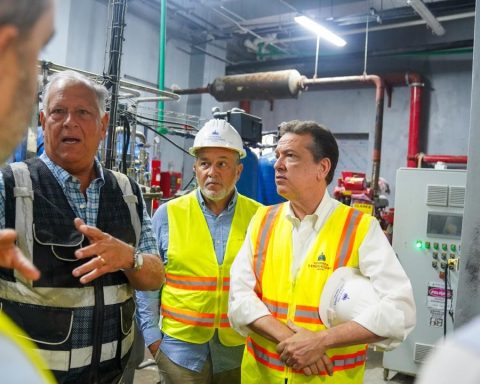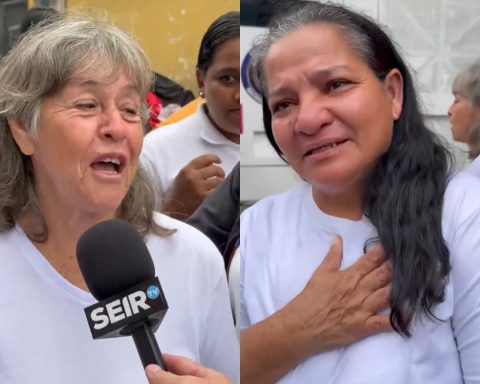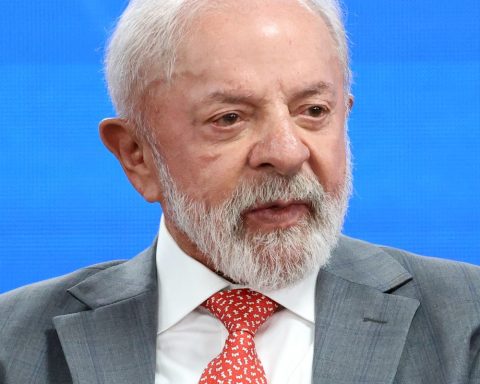SAN LUIS POTOSÍ, Mexico.- This October 16, the date on which World Food Day is commemorated, the Cuban leader Miguel Diaz-Canel He has shown his cynicism towards the people when speaking of his “commitment” to Cubans in a country where food insecurity has worsened.
“On World Food Day, and in the midst of the cruelest blockade, Cuba reiterates its commitment to food sovereignty, supported by science and innovation, and with the contribution of all economic actors,” wrote the representative of the regime in his social network account
In his publication, where he resorts to the topic of the blockade to justify the cuban crisisexpresses in a triumphant tone that this alleged “food sovereignty” is based on science and innovation, when the Cuban industry is also going through one of its most serious moments. Likewise, he thanked FAO for its support “in that endeavor.”
In it #WorldFoodDayand in the midst of the cruelest blockade, #Cuba reiterates its commitment to food sovereignty, supported by science and innovation, and with the contribution of all economic actors. We are grateful in this endeavor for the support of the @FAO.#TumbaElLoqueo
— Miguel Díaz-Canel Bermúdez (@DiazCanelB) October 16, 2024
It is hard to believe that the government is striving to achieve food sovereignty in the country when food is scarce for everyone, even for vulnerable groups such as older people, pregnant women, children, adolescents and people with chronic diseases, generating serious repercussions on their lives. living conditions.
The reference to the FAO in Díaz-Canel’s post is not fortuitous. This Tuesday, the ruler iHe spoke remotely this Tuesday at the FAO Investment Forum 2023 to say that his government is open to all foreign investment proposals mainly in agriculture and food.
“They are urgent and we are open to all proposals,” he said, referring to what he called “essential, urgent, foreign direct investment.”
Díaz-Canel attributed “the debts” of his government “in the development of agriculture and food production”, as is usual in his rhetoric, to the pandemic, climate change or the US embargo.
“There are many experts who recognize the existence of a favorable climate for foreign direct investment in our country, especially in the agricultural sector,” he assured, despite the fact that The food crisis in Cuba rather indicates the opposite.
The persistent situation of shortage of basic foods and essential products on the Island, has worsened the quality of life of Cubans.
In May, the Inter-American Commission on Human Rights (IACHR), together with its Special Rapporteur on Economic, Social, Cultural and Environmental Rights (RESECA), expressed concern about the worsening of food insecurity in Cuba and demanded that the Cuban State adopt concrete actions that guarantee the population’s access to adequate food or the means to obtain it, as well as to public services essential for their vital needs and integral development.
In addition, they urged the international community to promote cooperation in terms of access to food, medicines and basic necessities in Cuba.
